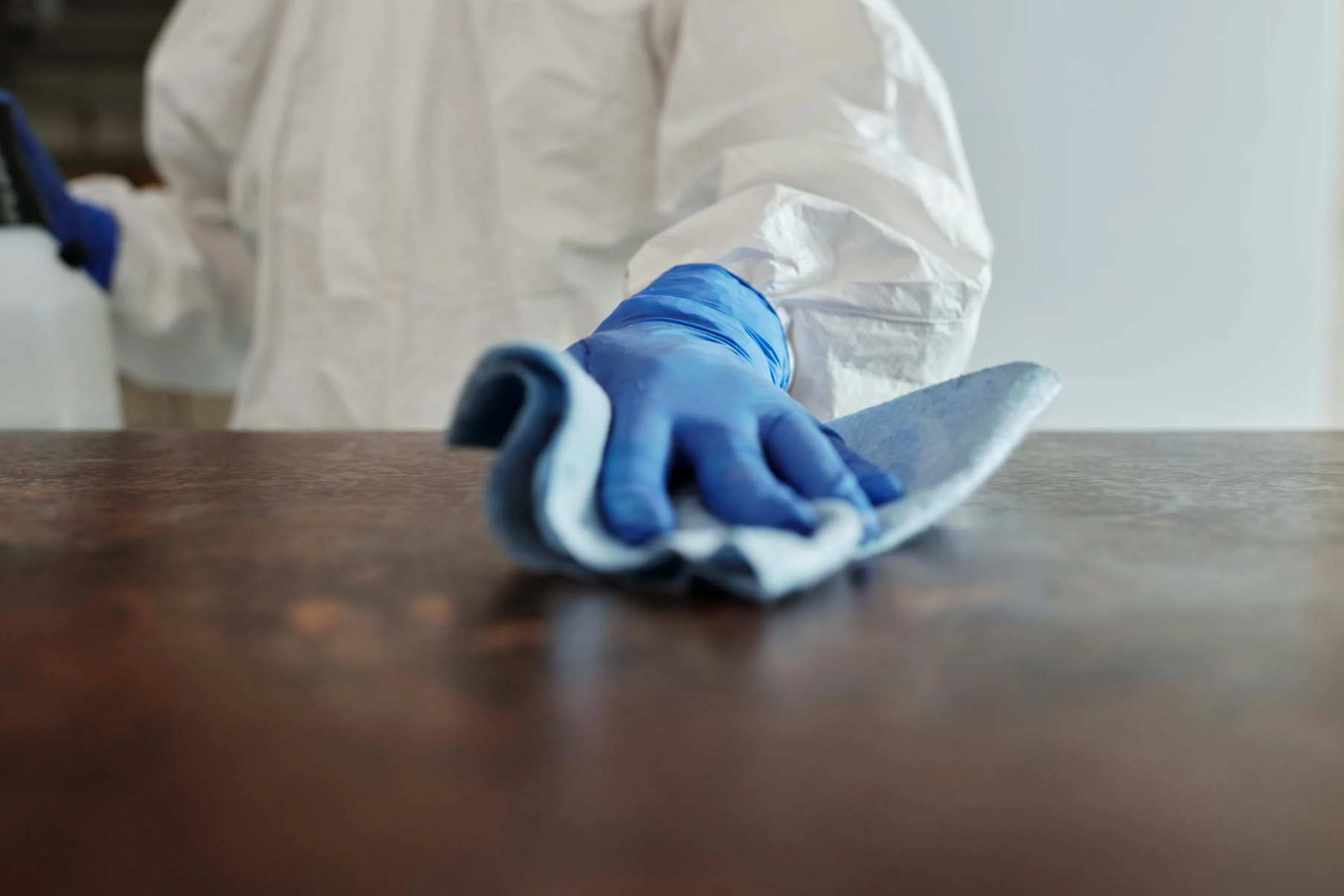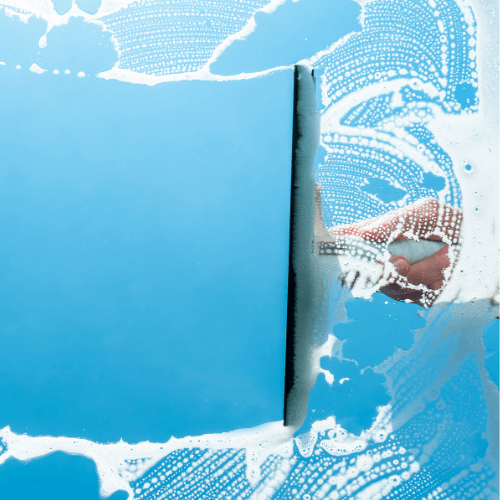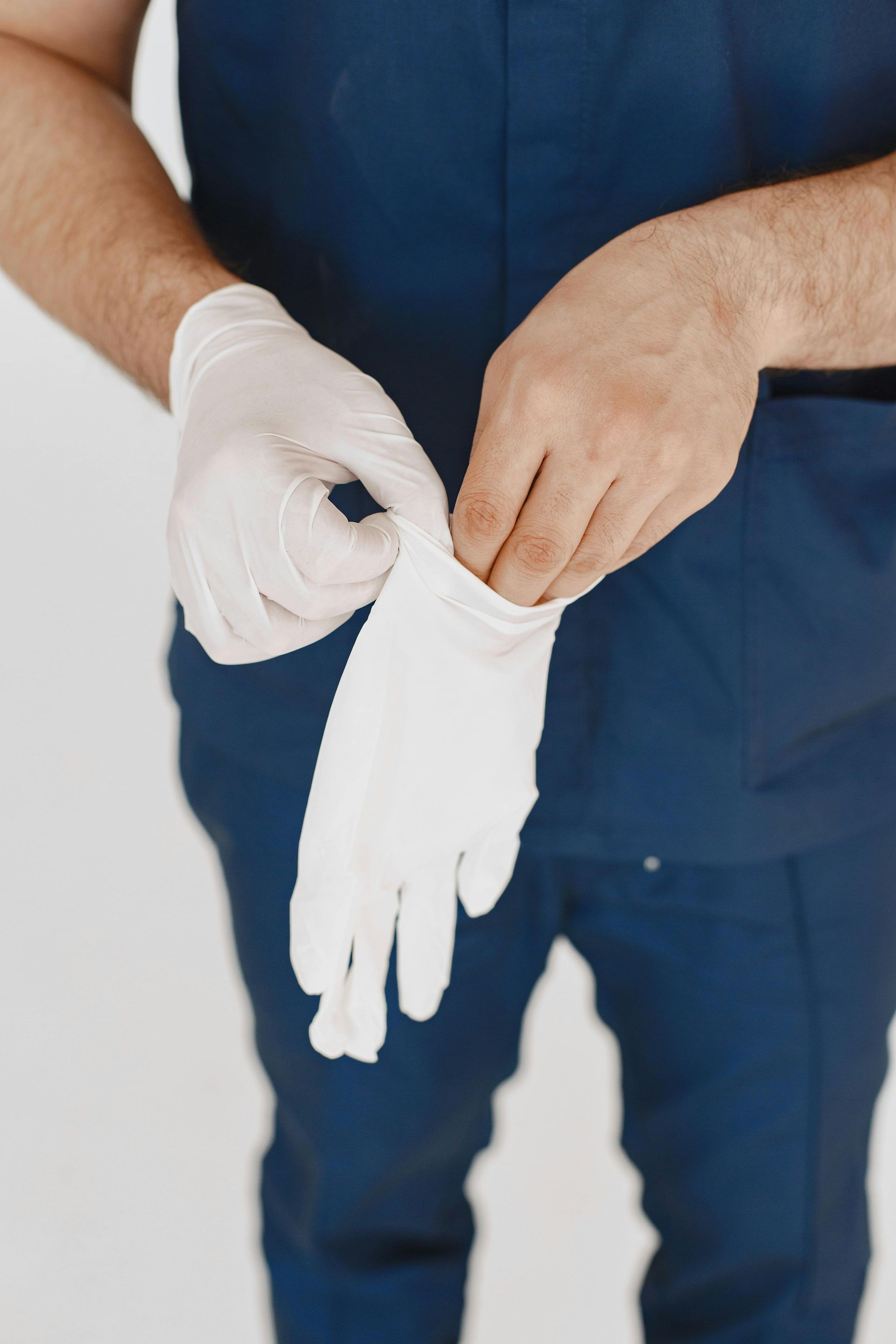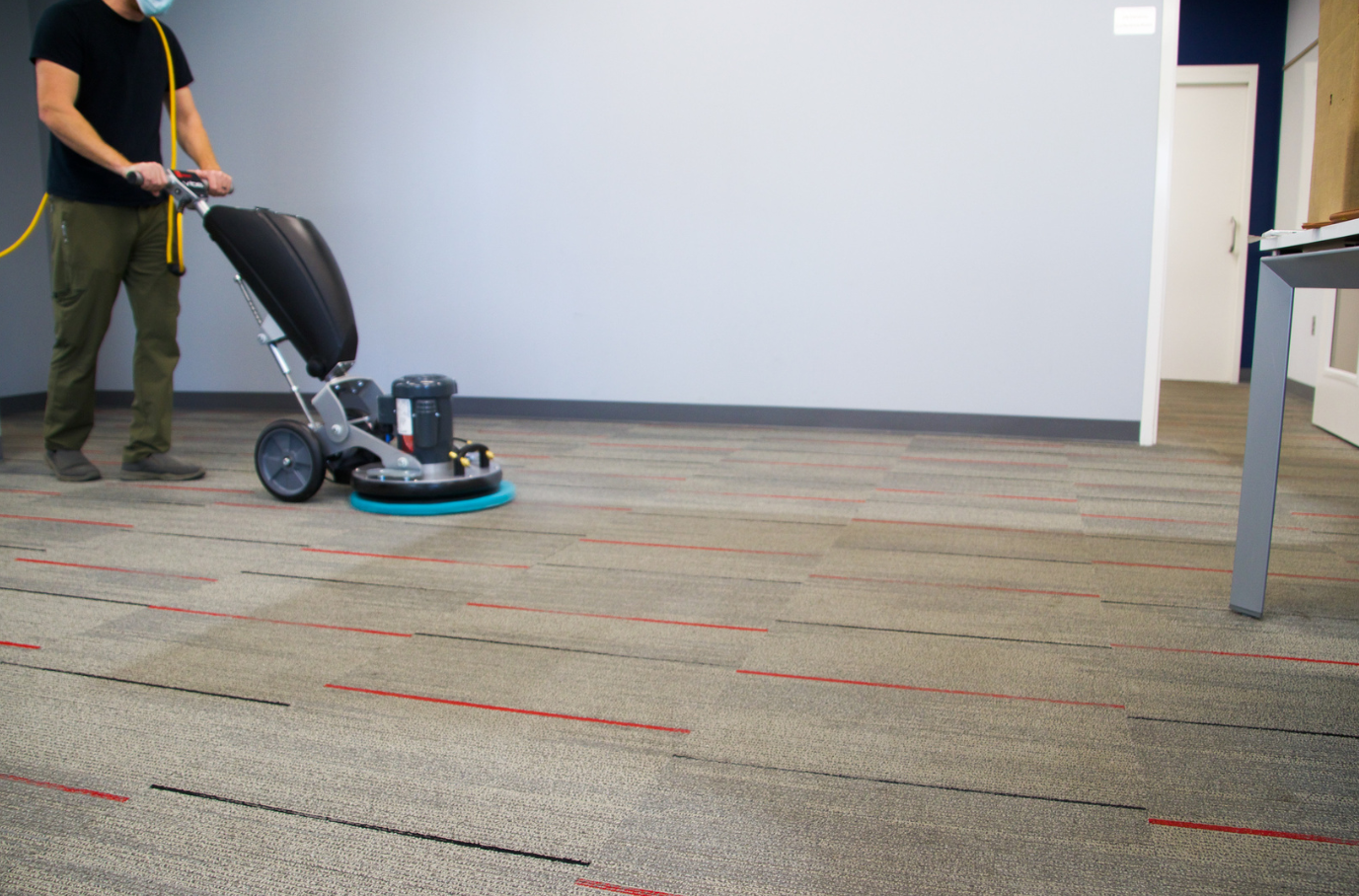Apparently, Everyone Needs To Drink More Water
It’s funny how most of us ( but not all ) in the United States, even here in Mooresville, North Carolina, have access to clean drinking water, and several options from tap to bottled to even boxed, and yet a good majority of us are always on the brink of dehydration.
Almost every article about hydration ever will tell you that if you even feel thirsty, you are already dehydrated. More scientifically put: “Lose just 1.5% of the water in your body (the human body is usually about 60% H2O), and you've reached the tipping point of dehydration.”
Don’t believe it? Here are some of the most common symptoms of dehydration and the havoc they cause on your body. The one that will impact your social life is bad breath. Without plenty of water to keep your mouth moist, bacteria will start to grow in your mouth and it smells. Even if you do not consider yourself a vain person, unhealthy looking skin should concern you. Besides feeling tight, and lacking its usual glow, dehydrated skin can exaggerate any wrinkles or dark bags under your eyes. On top of that, dehydration is sometimes interpreted by the body as hunger, specifically for sugar. If you are not careful, you could gain unwanted weight .
Physically, dehydration can do a lot of things to your body. “When you're dehydrated, your blood pressure drops, heart rate increases, [and] blood flow to the brain slows—all of which can make you tired.” It can also slow down your blood circulation, which can make you more prone to muscle cramps. The small blood vessels in your brain are sensitive to your level of hydration. When you are running low, you are more likely to succumb to more intense headaches, including migraines.
When your body pulls more water away from your skin to better retain it, your body is more easily affected by the temperature around you, such as shivering even when it is not really that cold out . “Hydration is essential to guard against heat stroke in warm weather and frostbite in cold temperatures, as your body’s circulation plays a protective role in both extremes of temperature and needs water to function properly.” Two more results of your body trying to retain water include messing with your urinary and bowel movements. Your urine will be darker because it is now a higher concentration of waste then normal and your bowel movements will be harder and therefore, more difficult to pass.
Mentally, dehydration can affect you in two ways: loss of concentration and irritability. Besides being cranky, the loss of concentration could really affect your quality of work. Many studies have been done on hydration and concentration. “Functions such as complex problem-solving, coordination, and attention suffered the most [from dehydration] while activities involving quick reactions weren’t as affected.” Monotonous tests and tests requiring any kind of attention to detail were affected negatively as well.
The solution, it would seem, is to make sure you drink a lot of water every day, even when you are not so thirsty. Not really. You still have to limit yourself because drinking too much water can dilute your body’s healthy sodium and salt levels leading to hyponatremia and all of its symptoms. “In extreme cases, this can lead to swelling of the brain and even seizures.” Even if you don’t drink excessive amounts, drinking a lot of water at once is pointless, especially if you think it will last you all day. Mostly, it’s because your body auto-regulates, meaning it will find a way to get rid of any excess water within a few hours; at the most, your kidneys can only process three and a half to four cups per hour. So, how much should we be drinking and when should we drink it?
The average woman should be drinking about 9 cups a day while the average man should be drinking 13.
Important times to drink water or to replenish water already lost are; when you wake up, it helps get your body going (think of warming your car engine before use during cold weather); before eating to rinse out any leftover tastes from your last meal and to moisten your stomach lining to prevent acidic foods from hurting your stomach; before and after exercising to replenish the water lost from sweating; when exposed to germs or an unclean environment to better help your body flush it all out before you get sick; when you are ill or tired, again, to help flush out germs and to rejuvenate yourself. Other than that, a good point of reference for if are getting enough water throughout the day is how often you pee; every two to three hours is a good sign.
If you have trouble remembering to hydrate, it’s recommended to leave yourself physical reminders such as sticky notes and phone alarms. Maybe make your wallpaper on your phone or computer a waterfall, or something equally appropriate?
Stay Positive,
Todd










